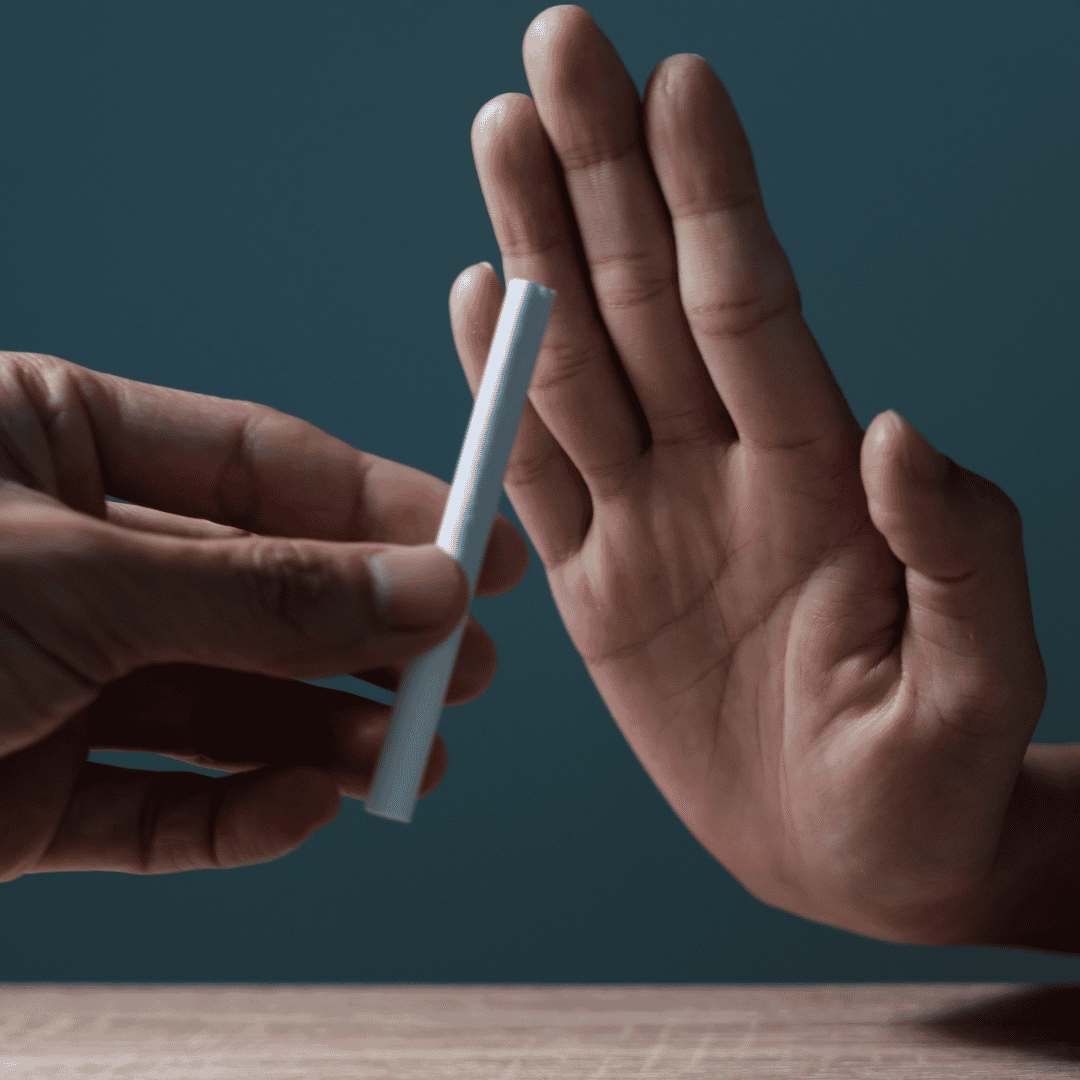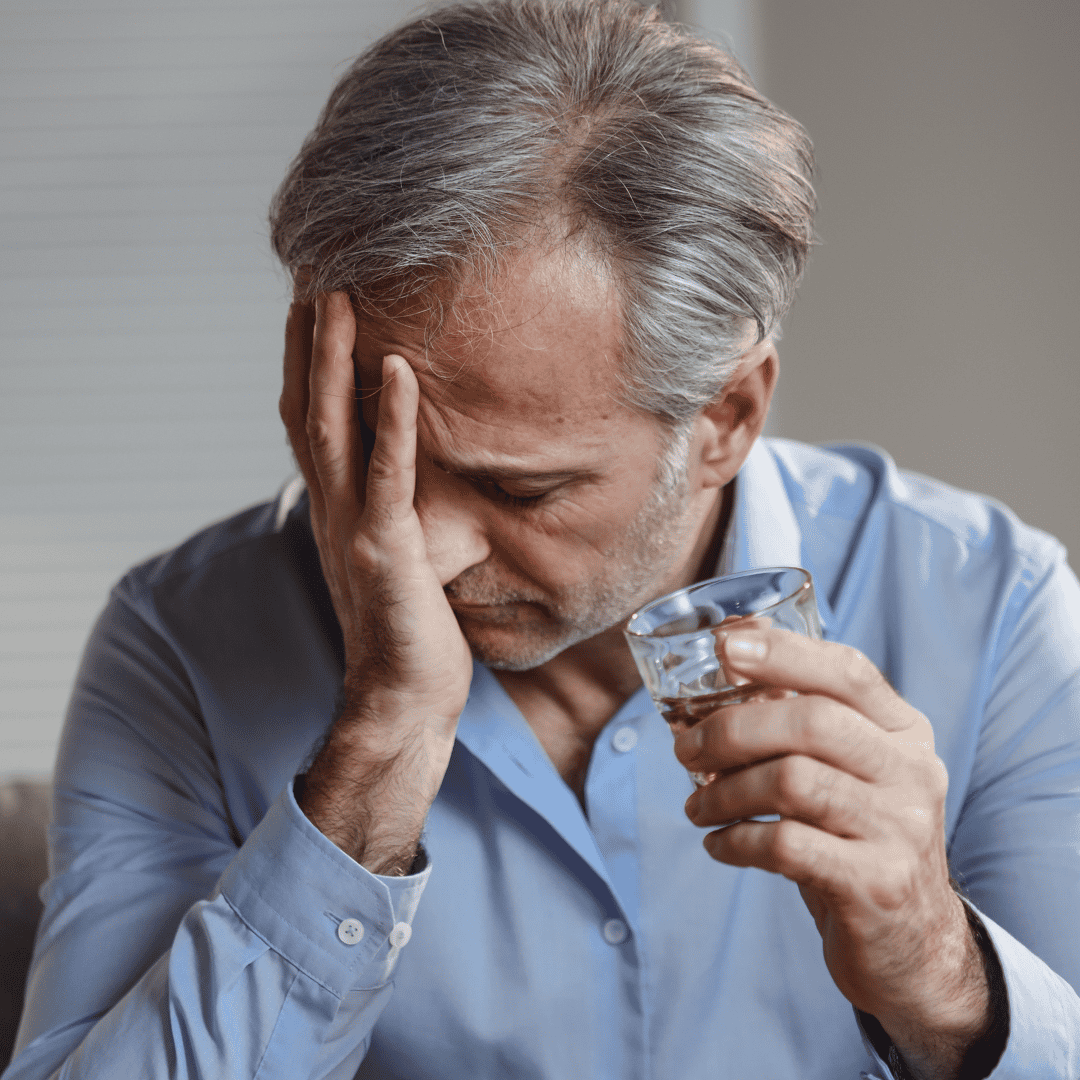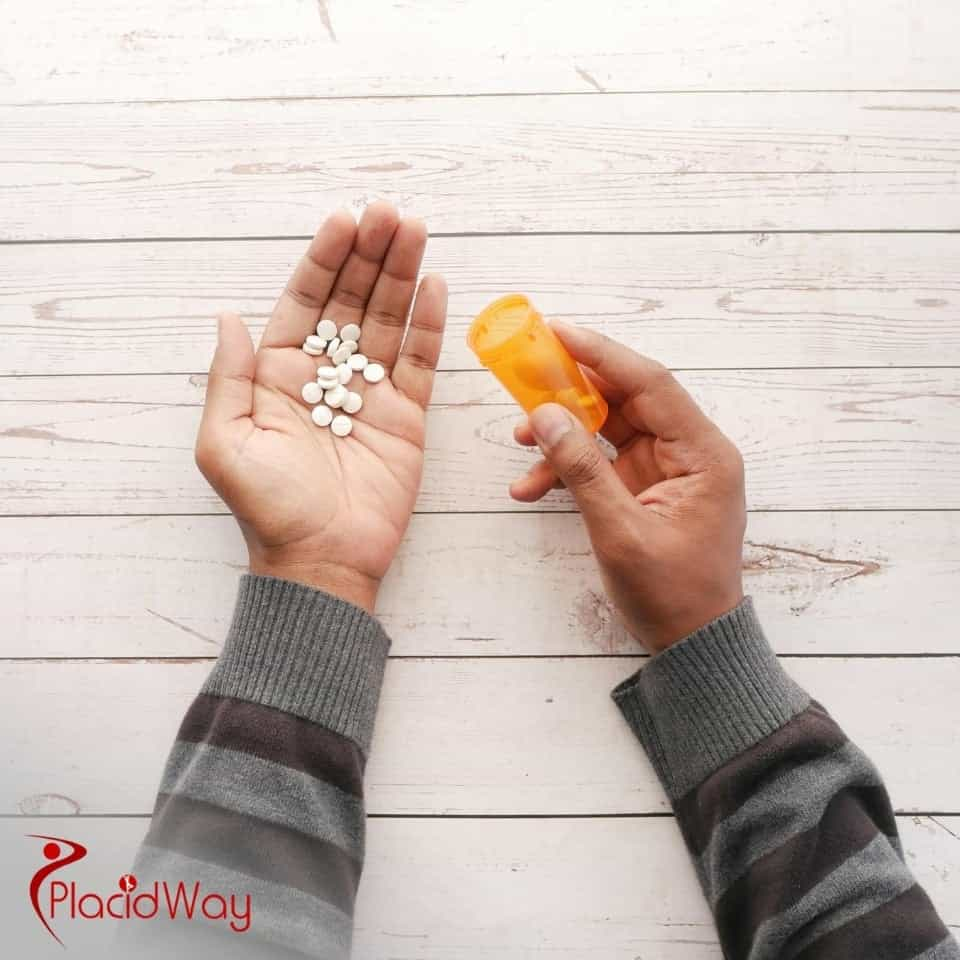How Ibogaine Clinics Operate

The answer separates the world-class, legitimate providers from the high-risk, unprofessional operations. This guide, current for September 2025, will provide a detailed, step-by-step look into the operational model of a safe and effective ibogaine clinic worldwide.
We will walk you through the critical pre-screening phase, the on-site treatment process, and the all-important aftercare integration, giving you a clear benchmark to use when vetting potential providers.
Phase 1: The Critical Pre-Treatment Medical Screening
This initial phase is the most important safety filter and a hallmark of a responsible clinic. Ibogaine has known cardiac risks and is not safe for everyone. Any clinic that is willing to accept you without a thorough medical review is putting your life at risk. The standard pre-screening process includes:
- A Detailed Application: You will be required to fill out a comprehensive intake form covering your physical health, mental health history, and substance use history.
- Required Medical Tests: You will need to visit your local doctor to get a specific set of tests done. These are non-negotiable and must include:
- An EKG (Electrocardiogram): To check for any underlying heart conditions, particularly a prolonged QT interval.
- Comprehensive Blood Work: This must include a full liver panel to ensure your liver can properly metabolize the ibogaine.
- Medical Team Review: The clinic's medical director (a licensed M.D.) and intake team will meticulously review your EKG, lab results, and medical history. They will only approve you for treatment if you meet their strict safety criteria. A reputable clinic will deny unsafe candidates.
Phase 2: The On-Site Treatment Program - A Step-by-Step Guide
Once you arrive at the facility, the highly structured ibogaine treatment process begins.
- Arrival and Medical Intake (Day 1-2): You will be picked up from the airport and brought to the center. Here, you will undergo an in-person physical exam with the on-site doctor, have your vital signs checked, and settle into the comfortable, retreat-like environment.
- Psychological Preparation (Day 2-3): You will have one-on-one sessions with a therapist or integration specialist. This is a crucial step to build trust, discuss your intentions for the journey, and mentally prepare for the profound introspective experience.
- The Treatment Day (Day 3 or 4): This is the core of the program. The treatment is administered in a private, quiet room with full medical supervision. The medical team will be physically present with you for the entire 6-12 hour psychoactive phase, continuously monitoring your health and providing support.
- Recovery and Stabilization (Day 5-7): The days immediately following the main experience are dedicated to rest, hydration, and nourishment. The medical team continues to monitor your recovery.
- Initial Integration (Day 7-10): You will have your first post-treatment therapy sessions. This is where the work of making sense of your experience begins. The therapist helps you to begin processing the insights and emotions that emerged during your journey.
Inside the Treatment Room: The Medical Safety Setup
This medical setup is the most critical component of the entire operation. A safe clinic will have:
- A Medical Doctor (M.D.): The entire procedure must be overseen by a licensed medical doctor.
- ACLS-Certified Staff: The nurses and support staff should have training in Advanced Cardiac Life Support.
- Continuous EKG Monitoring: This is essential for tracking your heart's rhythm throughout the experience and detecting any potential issues instantly.
- Emergency Equipment: The clinic must have a full crash cart with a defibrillator and all necessary emergency medications on hand.
- A Hospital Transfer Plan: They should have a pre-existing relationship and emergency transport plan with a nearby full-service hospital.
Phase 3: Post-Treatment Integration and Aftercare
The ibogaine experience can provide a powerful "reset," but the real work happens in the weeks and months that follow. The integration phase is what makes the healing stick. A top-tier clinic will prepare you for this by:
- Creating a Detailed Aftercare Plan: Before you depart, the therapeutic team will work with you to create a personalized plan. This plan will outline concrete steps for you to take when you get home, such as finding a local therapist, joining support groups, and implementing new lifestyle practices.
- Offering Remote Follow-Up: Many of the best clinics include several remote integration coaching sessions via video call in their package price. This provides crucial support as you navigate your return to daily life with a new perspective.
Your healing journey deserves the highest standards of safety and care. Placidway is a global leader in medical access, connecting patients with a network of pre-vetted, medically-supervised ibogaine treatment providers. Explore your options and plan your journey with an emphasis on safety and quality.


.png)









Share this listing